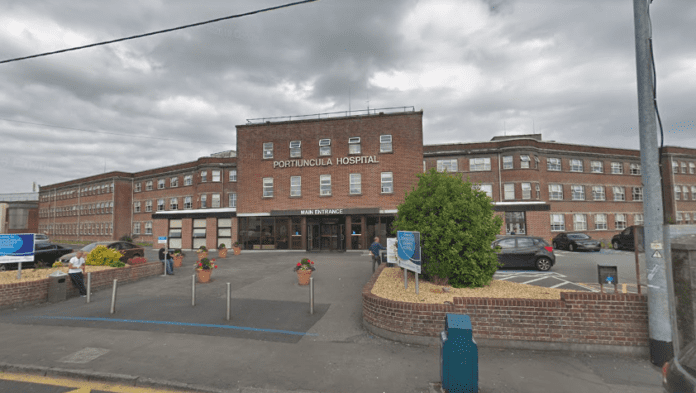Atlantic Technological University has been awarded €210,000 in EU funding for projects furthering sustainable regional development.
The funding has been awarded under EU GREEN, an alliance of European Universities aimed at fostering collaborative research on sustainable practices. The alliance has nine universities located in peripheral regions of Europe.
In November, ATU responded with alliance partners to the first annual seed funding call and this week learned that 23 ATU researchers’ joint research proposals were successful.
In the new year, they will collaborate with partners across the EU GREEN alliance to share skills and build capacity in these new projects spanning many of the sustainable development goals.
Dr Orla Flynn, President of ATU said, “I am delighted to see that so many of our ATU researchers are already engaging in building research collaborations with our EU GREEN partners across Europe.”
“These seed projects will develop research knowledge and team building across the university alliance.”
“The leadership and participation of ATU researchers in these seed funding projects builds capacity for larger funded projects and a more sustainable future in our regions”.
The BASE Project, led by Dr John Scahill, and ATU team, will survey and explore the sustainability-related education practices and perceptions of academic and research staff across the EU Green partner universities.
BASE includes a multidisciplinary group of academics and researchers from across the partner Universities and was the top-scoring project application.
Dr Lisa Ryan, ATU Head of School of Science and Computing (Acting), said, “We are thrilled to receive seed funding for our EU green projects, particularly focusing on innovative initiatives aimed at enhancing both environmental sustainability and human wellbeing.”
“Our exciting projects are focused on developing personalised physical exercise programmes using clinical data and the mental health of university students.”
“We are very grateful to collaborate with such outstanding universities across Europe as part of the EU Green”.
Other projects are TAILEXER, tailored physical exercise from the integration of omic, clinical and lifestyle data to prevent cardiovascular diseases, and MHUS which explores the mental health of university students and associated factors between countries.
Research has shown that physical exercise is an effective therapeutic tool to deal with cardiovascular diseases.
However, the success of these preventive programmes depends on the ability to identify the population at risk and to apply tailored physical exercise interventions.
The purpose will be to integrate data to define the cardiovascular risk level of an adult population.
It will then to propose tailored physical exercise programmes that focus on those physical condition factors most necessary for each person according to their health status.
Dr James Hanrahan, lecturer, Department of Marketing Tourism and Sport, School of Business and Social Science, is leading a Project called NOTES (Net-zerO challenge for Tourism EducatorS).
This will assess and identify the skills and training required by the tourism industry. This project will aid curricula design to provide skilled graduates to facilitate the transition towards Net Zero.




























